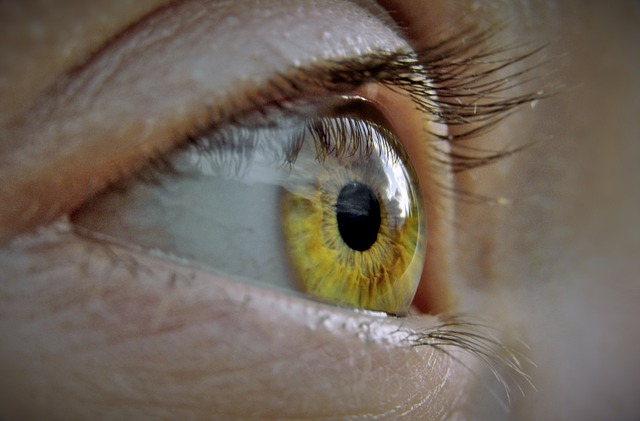Understanding the Importance of Vision Appointments
Vision appointments are essential for maintaining eye health, detecting potential issues early, and ensuring you have the right corrective lenses. Regular eye exams contribute to overall well-being and can prevent serious complications later in life.
What is a Vision Appointment?
A vision appointment is a scheduled session with an eye care professional, such as an optometrist or ophthalmologist, to evaluate an individual's eye health. During this appointment, the eye care provider conducts various tests to assess vision clarity, eye pressure, and the overall condition of the eyes. These appointments can help diagnose issues ranging from common refractive errors like nearsightedness and farsightedness to more severe conditions, including glaucoma and macular degeneration.
The Importance of Regular Eye Exams
Regular eye exams are crucial for everyone, regardless of age or visual acuity. These appointments help monitor eye health, detect problems early, and keep prescriptions updated. The American Optometric Association recommends that adults have a comprehensive eye exam every two years, while those over 60 should undergo annual examinations. Children should also have their first eye exam by age one, followed by regular check-ups as they grow. Early detection is key; conditions like amblyopia can be treated more effectively if caught early.
What to Expect During a Vision Appointment
During a typical vision appointment, several steps are involved. Initially, the eye care professional will take a detailed medical history and inquire about any vision issues you may be experiencing. Then, a series of tests will be performed, which might include visual acuity tests using an eye chart, refraction tests for accurate prescription determination, and tests for eye diseases such as retinal exams. Depending on individual needs, the appointment may also involve additional specialized tests, ensuring a comprehensive evaluation of ocular health.
Common Eye Conditions Diagnosed at Appointments
Vision appointments can reveal a range of eye conditions. Common issues detected include refractive errors like myopia (nearsightedness), hyperopia (farsightedness), and astigmatism. Eye care professionals also check for more serious conditions, such as diabetic retinopathy, cataracts, and glaucoma. Identifying these conditions early allows for timely intervention, which can significantly improve treatment outcomes and preserve vision.
How to Prepare for Your Appointment
Preparation for a vision appointment can ensure that the visit is as productive as possible. It’s advisable to arrive with a list of any symptoms or issues you have been experiencing, such as blurred vision or headaches. Be prepared to provide your medical history, including any medications you are taking or previous eye injuries. If you wear glasses or contact lenses, bring them along so the eye care professional can evaluate your current prescription.
Post-Appointment Recommendations
After your vision appointment, your eye care provider may offer specific recommendations based on your eye health. This can include updates to your eyewear prescription or suggestions for eye care products. In some cases, they may refer you for further testing or a consultation with a specialist, especially if any serious conditions are suspected. Following your provider’s recommendations is key to maintaining optimal eye health.
Conclusion: The Ongoing Journey of Eye Health
Vision appointments play a vital role in the ongoing care of our eye health. By committing to regular exams and being proactive about any changes in our vision, we can ensure that our eyes receive the necessary attention. Early detection and treatment can greatly improve the quality of life and preserve sight, highlighting the significant value of these appointments.
